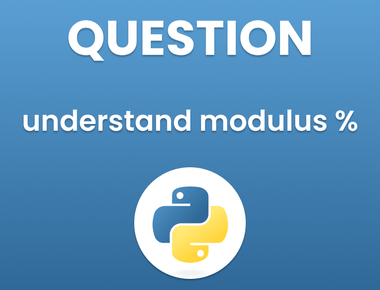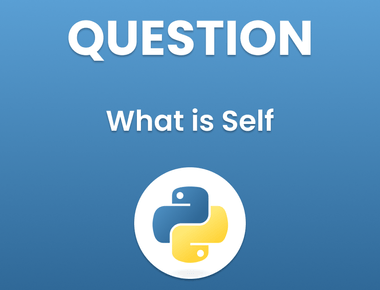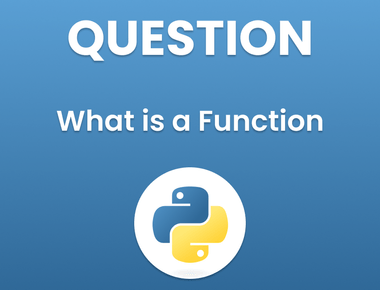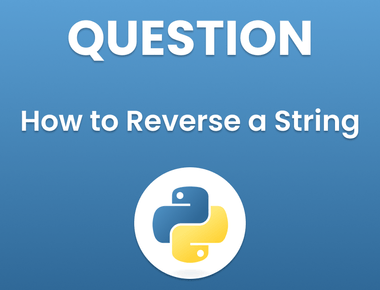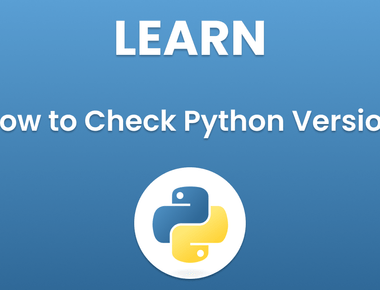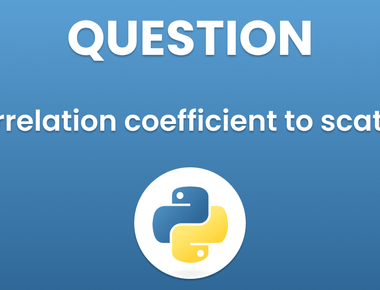Table Of Contents

Learning Python is a great way to expand your programming knowledge and skillset. Python is a versatile language that is used in many different fields, including web development, data analysis, and machine learning. If you’re interested in learning Python, you may be wondering how long does it take to learn python & become proficient in the language. In this article, we will discuss the various factors that can impact the time it takes to learn Python and provide you with tips for getting started.
Factors That Impact the Time It Takes to Learn Python
- Prior Programming Experience
One of the biggest factors that can impact the time it takes to learn Python is your prior programming experience. If you have experience with other programming languages, you may find it easier to learn Python because many programming concepts are similar across languages. However, if you’re new to programming, it may take you longer to learn the fundamentals of programming before you can dive into learning Python.
- Learning Style
Another factor that can impact the time it takes to learn Python is your learning style. Everyone learns differently, and some people may find that they learn more effectively through hands-on experience, while others may prefer to read textbooks or watch online tutorials. Understanding your learning style can help you find the resources that will be most effective for you.
- Time Commitment
The amount of time you can commit to learning Python is also a significant factor in how long it will take you to become proficient in the language. If you can dedicate several hours a day to learning Python, you may be able to learn the language more quickly than someone who can only commit a few hours a week.
Tips for Learning Python
- Start with the Fundamentals
If you’re new to programming, it’s essential to start with the fundamentals. This includes learning about variables, data types, control structures, functions, and modules. Once you have a good understanding of these concepts, you can start exploring more advanced topics.
- Practice, Practice, Practice
As with any new skill, practice is essential when learning Python. Set aside time every day to work on coding projects, and try to apply what you’ve learned to real-world problems.
- Use Online Resources
There are many online resources available for learning Python, including online courses, tutorials, and forums. Take advantage of these resources to supplement your learning and get answers to your questions.
- Join a Community
Joining a community of other Python learners can be a great way to stay motivated and get feedback on your code. Consider joining online forums or attending local Python meetups.
Conclusion
Learning Python can take anywhere from a few weeks to several months, depending on your prior programming experience, learning style, and time commitment. By starting with the fundamentals, practicing regularly, and using online resources and communities, you can accelerate your learning and become proficient in Python more quickly.
Subscribe to our newsletter!
Quick Links
Legal Stuff
Social Media


